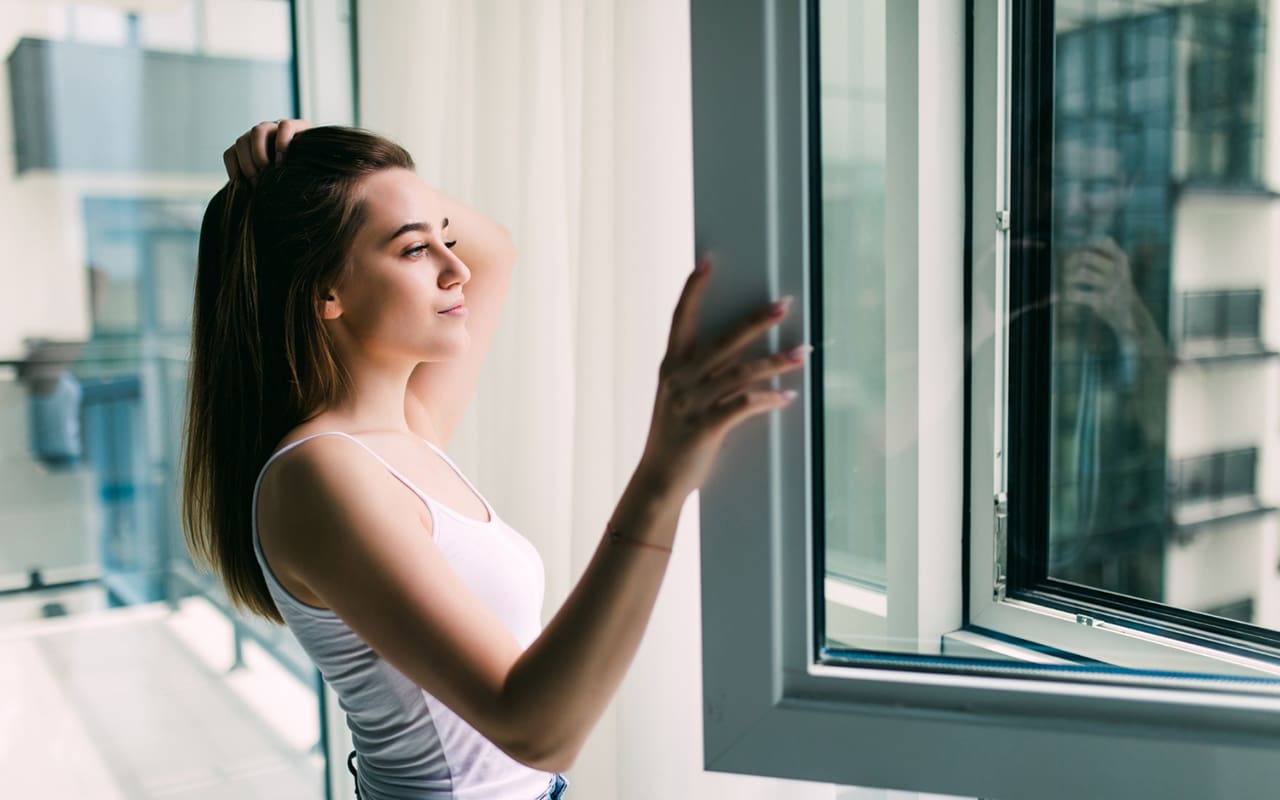
Double Glazing Alternatives Round-Up
Double glazing home insulation series round up – the conclusion to our guide to home insulation and double glazing
Upgrading your windows can significantly enhance your home’s energy efficiency and comfort. While double glazing is a popular choice, several alternatives offer comparable or superior benefits. This guide explores seven alternatives to double glazing, highlighting their U-values and sound reduction capabilities.
Key Takeaways:
- Vacuum Glazing: Offers superior thermal insulation with a U-value of 0.4 W/m²K and sound reduction of 39 dB.
- Triple Glazing: Provides enhanced insulation with a U-value of approximately 0.7 W/m²K and sound reduction around 35 dB.
- Secondary Glazing: Adds an extra layer to existing windows, improving insulation and soundproofing.
- Low-E Coatings: Enhance thermal performance by reflecting heat back into the room.
- Laminated Glass: Improves safety and reduces noise transmission.
- Heavy Curtains: Offer a cost-effective method to reduce heat loss and noise.
- Wall Insulation: Complements window upgrades by reducing overall heat loss.
Comparative Table of Window Glazing Options:
| Glazing Type | U-Value (W/m²K) | Sound Reduction (dB) |
|---|---|---|
| Single Glazing | ~5.0 | ~25 |
| Double Glazing | ~1.2 | ~31 |
| Triple Glazing | ~0.7 | ~35 |
| Vacuum Glazing | 0.4 | 39 |
| Secondary Glazing | Varies | Varies |
| Low-E Coatings | Varies | N/A |
| Laminated Glass | Varies | Varies |
1. What Is Vacuum Glazing and How Does It Compare to Double Glazing?
Vacuum glazing consists of two glass panes separated by a vacuum gap, eliminating conductive and convective heat transfer. This design achieves a U-value of 0.4 W/m²K and a sound reduction of 39 dB, surpassing standard double glazing in both thermal and acoustic performance.
2. How Does Triple Glazing Enhance Energy Efficiency?
Triple glazing incorporates three glass panes with insulating gas fills, offering a U-value of approximately 0.7 W/m²K and sound reduction around 35 dB. It’s particularly effective in colder climates but may require stronger window frames due to increased weight.
3. Can Secondary Glazing Improve My Existing Windows?
Secondary glazing involves adding an additional pane to existing windows, creating an insulating layer that enhances thermal performance and soundproofing. It’s a viable option for heritage properties where replacing original windows isn’t feasible.
4. What Are Low-E Coatings and Their Benefits?
Low-emissivity (Low-E) coatings are thin metallic layers applied to glass surfaces to reflect heat back into the room, improving thermal efficiency. They can be combined with other glazing options to enhance performance.
5. How Does Laminated Glass Improve Safety and Acoustics?
Laminated glass consists of two or more glass layers bonded with an interlayer, enhancing safety by holding shards together upon breakage. It also reduces noise transmission, making it suitable for noisy environments.
6. Can Heavy Curtains Serve as an Alternative to Glazing Upgrades?
Heavy curtains can reduce heat loss and noise infiltration, offering a cost-effective solution. While not as effective as glazing upgrades, they provide additional insulation and privacy.
7. How Does Wall Insulation Complement Window Glazing?
Wall insulation reduces overall heat loss, complementing window glazing improvements. Combining both strategies enhances energy efficiency and comfort.
Why Choose Vacuum Glazing Over Standard Double Glazing?
For those looking to further enhance their window solutions, vacuum glazing emerges as an improved and advanced alternative to standard double glazing. Vacuum glazing offers numerous advantages, including:
1. Improved Insulation: The vacuum-sealed gap between the glass panes significantly reduces heat transfer, providing enhanced thermal efficiency and further lowering energy consumption.
2. Enhanced Soundproofing: Vacuum glazing’s superior design results in superior soundproofing capabilities, creating a quieter and more peaceful living space.
3. Longer Service Life and Better Reliability: The vacuum-sealed unit reduces the risk of gas leakage and condensation, ensuring a longer service life and greater reliability.
The energy efficiency and soundproofing benefits of vacuum glazing can be taken to the next level with the use of LandVac Optimum glazing. LandVac Optimum glazing combines the advantages of triple glazing with the superior performance of vacuum glazing. The result is an unparalleled solution that offers maximum insulation, noise reduction, and overall comfort for your home.
Whether you opt for double glazing, vacuum glazing, or LandVac Optimum glazing, upgrading your windows is an investment in the long-term comfort, energy efficiency, and environmental responsibility of your home. The right choice will depend on your unique requirements and priorities.
Ready to Upgrade Your Windows?
If vacuum glazing seems like the ideal solution for your project, request a quote from Vacuum Glazing UK today. Our team is ready to help you enhance your home’s comfort and efficiency.